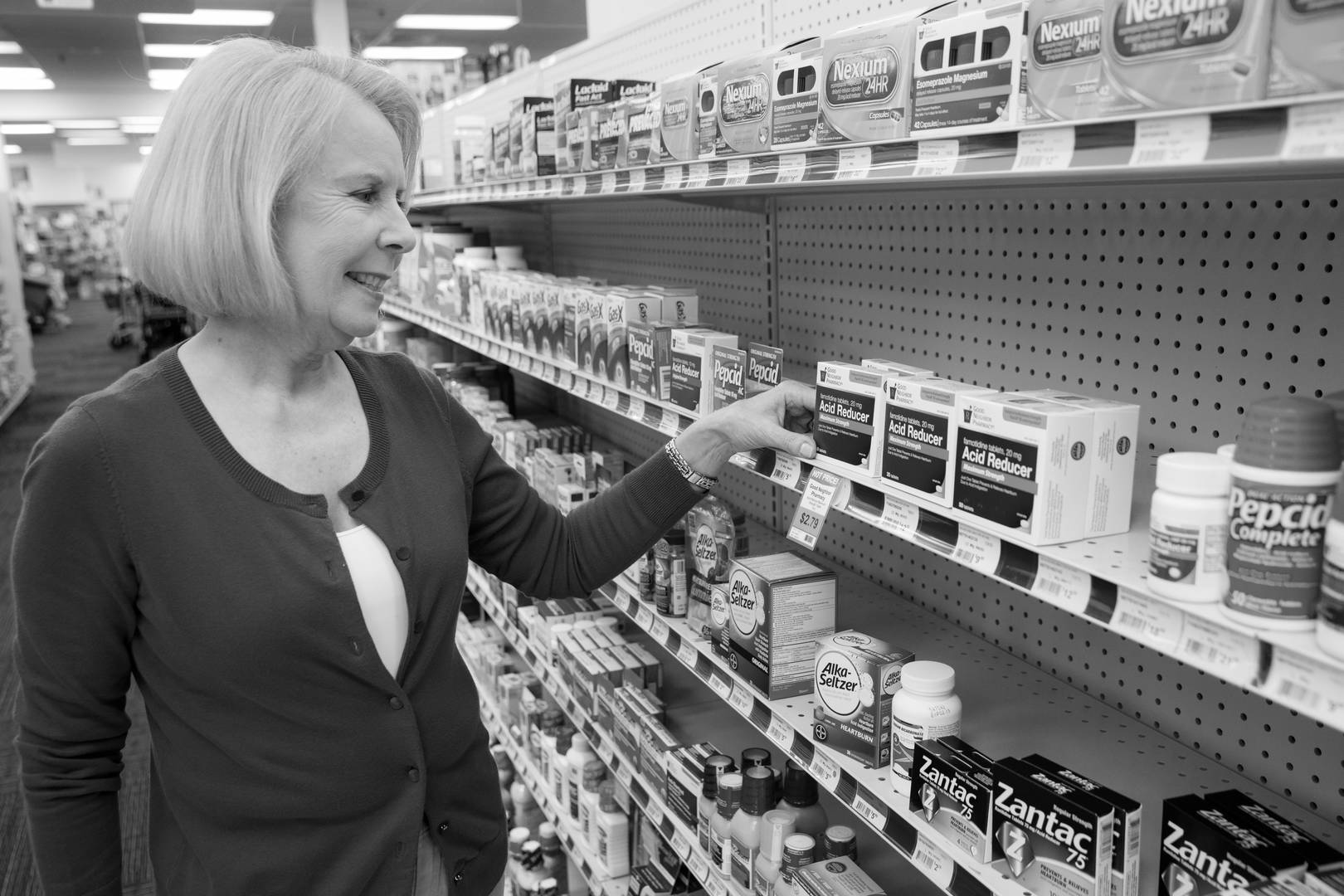Patient Satisfaction Starts with Your Staff
By Curtis Ernst, RPh

Superior customer service is one of the biggest things that differentiates independent community pharmacies from their competitors. That distinction primarily stems from having properly trained staff members who are encouraged to take the time to guide customers toward a positive experience—beginning with their first store visit through every subsequent interaction, whether it’s a return shopping trip, a curbside pickup or a home delivery. In short, providing a personal touch is the most effective way to improve overall patient satisfaction.
The J.D. Power 2019 U.S. Pharmacy Study reports that, even in the age of e-commerce, nearly 90 percent of customers who communicate with pharmacists and staff do so in person. The research also reveals that customers—by more than a 2:1 margin—consider their interactions with non-pharmacist staff to be more important than their interactions with the pharmacist.1
In practical terms, staff members are the face of your pharmacy. If you’re thoughtfully managing your pharmacy staff and proactively engaging in employee development, you can instill new skills that enable your team to have a direct and positive impact on patient experience, in whatever form that may take. Here are some tips on how to develop your pharmacy staff so they’re fully prepared to deliver the best possible service.
Communication
Great performance starts with effective communication. Schedule an all-staff meeting at least once per month to discuss any current issues within the store and exchange thoughts on improving operations or implementing new initiatives. Maintain a regular schedule (e.g., the first Tuesday of every month, an hour before you open) so employees know what to expect and come ready to participate. Remember that front-line staff may hear things, such as product requests or complaints, that you or the pharmacist wouldn’t necessarily know about. The group meeting should be a safe place for everyone to make suggestions and raise questions. Someone who offers an innovative idea may be the perfect person to lead a related program or promotion. (See “Delegation” below.)
Along the same lines, plan regularly scheduled one-on-one meetings with each individual on your staff. Some people may not be comfortable talking in front of their peers; by meeting in private you can fully delve into job-performance specifics. The goal is to have a positive back-and-forth exchange, not to make the staff member feel like he or she has done something wrong.
Delegation
Some pharmacy owners fall into a trap of trying to do a little bit of everything around the store. It’s great to be involved, but spreading yourself too thin isn’t a sustainable approach. The solution is to appoint leaders for defined functions. For instance, someone with a flair for merchandising would probably excel as front-end captain. Another person with a knack for logistics could handle inventory and ordering. A staffer who knows how to get Instagram followers could play a major role in boosting your store’s social media presence. Delegation not only sharpens staff-level skills, but it also gives pharmacists more time to connect with patients through high-level adherence services such as medication therapy management or comprehensive medication review.
Training
Targeted training improves staff job performance and, in the long run, reduces turnover. An organized training program ensures that high performers will want to stick around.2 Be sure you have the right person providing instruction—and it doesn’t have to be your most senior staffer. Regardless of tenure, if someone shines in following a particular protocol, such as calling patients to pick up overdue prescriptions, he or she should train fellow employees. Additionally, the trainer should always explain why things are to be done in a specified manner. For example, well-structured training conveys that when the pharmacist recommends an OTC vitamin supplement to all patients taking a certain medication, it’s because the supplement prevents potential side effects from the prescribed drug.
Motivation
Successful pharmacy owners know that compensation isn’t the sole motivator for many people when they come to work. Employees also want to be fulfilled by what they do and recognized for their efforts. You may not always be able to afford staff bonuses, but it really doesn’t cost you anything to reward a high performer with a parking spot adjacent to the employee entrance, give an extra day off to someone who’s done an outstanding job or praise a staff member in front of peers for handling a difficult situation.
Empowerment
Give employees the freedom to “make things right” if someone has a complaint. Improving pharmacy customer service starts with making sure every dissatisfied patron is content with a resolution before leaving the store. Tending to the specific needs and concerns of your patients on an individual basis is the very definition of providing a personal touch. Actions as simple as offering a gift card or replacing a crushed package with an undamaged box can go a long way toward keeping customers happy.
In the end, your community needs to like how your store runs on a daily basis. They should feel as if they’ve been treated like family. If you can implement pharmacy staff development methods that continually encourage your team to make that happen, you’re well on your way to providing customers with an experience that will keep them coming back to your store again and again.
Want personalized advice on how to develop your pharmacy staff and improve patient satisfaction?

2. Humanity.com. How to Keep Employee Turnover Under Control. https://www.humanity.com/blog/employee-turnover-and-how-to-reduce-it.html






